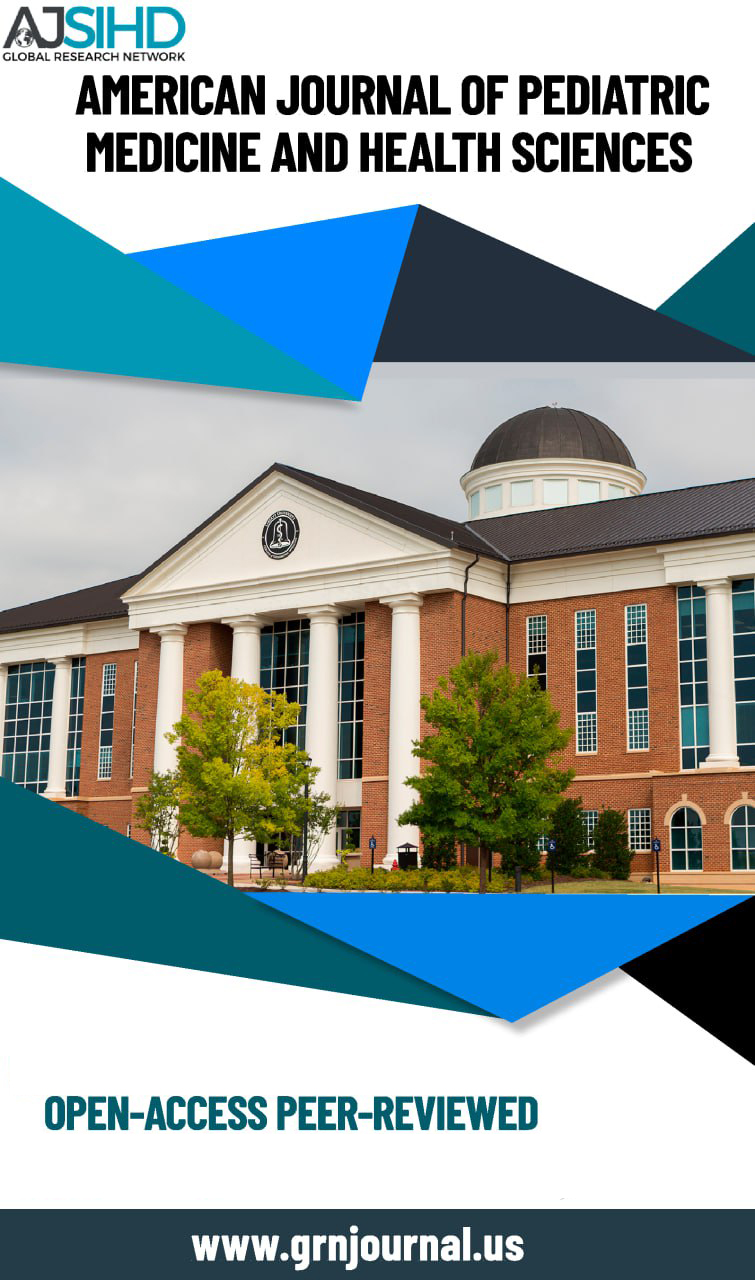A Retrospective Study on Iraqi Patients to Explore the Impact of Cesarean Section on Women's and Fetal Health
Keywords:
Caesarean DeliveryAbstract
Nowadays, one of the most prevalent maternal procedures is caesarean sections. All medical and non-medical causes are contributing to the rising number of cesarean deliveries. The purpose for this study was to look at how a cesarean section affects the health in the fetus and mother. Eighty-three pregnant women, aged 20 to 40, who had caesarean sections and were hospitalized to different hospitals in Iraq among February of 2023 and January 2024, were the subjects of retrospective research. For the six earlier investigations, maternal as well as fetal outcomes were collected.
Additionally, a multivariate evaluation was conducted to compare the current study with the previously stated investigations. The findings showed that 80% of the sample, or the bulk of women who had caesarean sections, were between the ages of 20 and 30. Furthermore, 4% of pregnancies were twins, whereas 96% for pregnancies were singletons. 6.02% of women were at danger of dying, while the maternal death rate was 2.41%. 36.14% of newborns needed to be admitted to the neonatal critical care unit, while the fetal fatality rate was 9.64%. Additionally, 66.27% of newborns weighed below 2,500 grams. According to the current study, in situations involving medical emergencies such as placental abruption and fetal distress, a caesarean section is regarded as a life-saving surgical treatment.







